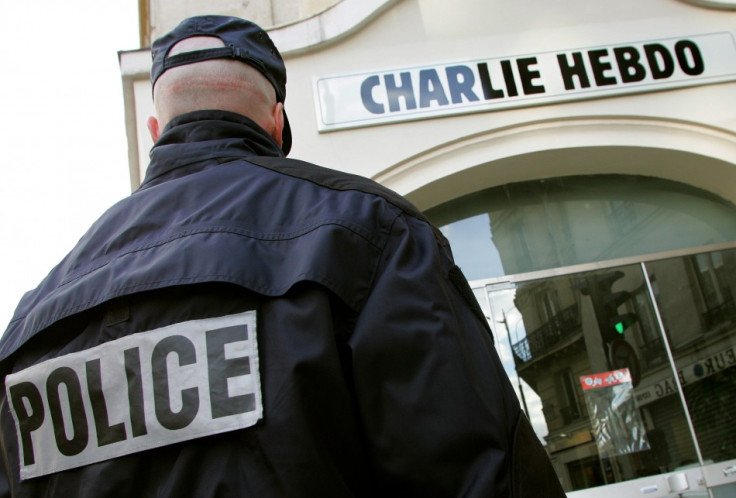Prophet Muhammad to be ‘Guest Editor’ of Charlie Hebdo, the French Satirical Magazine

In a highly provocative move, Charlie Hebdo, a well-known satirical French magazine has announced it has 'asked' the Prophet Muhammad to be a guest editor on its latest issue, in what appears to be a dig at the rise of Islam-based political parties and policies in countries such as Tunisia and Libya.
Charlie Hebdo is knownfor its satire of politics and political figures and features investigative reports from France and abroad often accompanied by politically incorrect cartoons, and caricatures.
Among the magazine's favourite targets are cult religions, the extreme right, Catholicism, Islamism and French President Nicolas Sarkozy.
"In order fittingly to celebrate the Islamist Ennahda's win in Tunisia and the NTC (National Transitional Council) president's promise that Sharia would be the main source of law in Libya, Charlie Hebdo asked Muhammad to be guest editor," said a statement.
"The prophet of Islam didn't have to be asked twice and we thank him for it," the statement added, before explaining that the magazine will exceptionally be renamed Sharia Hebdo.
The cover of the next issue, which comes out Wednesday, features a drawing of the Muslim Prophet saying "100 lashes if you are not dying of laughter".
On the back page, a picture of Muhammad wearing a red nose reads "Yes, Islam is compatible with humour."
The magazine is also feature an editorial piece by the Prophet himself entitled "Halal Aperitif" and women's supplement called Madam Sharia will also be included.
In 2007, two French Muslim organisations, the Great Mosque of Paris and the Union of Islamic Organisations of France, sued Charlie Hebdo for "public insults against a group of people because they belong to a religion", after the magazine reprinted cartoons of the Prophet which had originally appeared in a Danish newspaper in 2005 and provoked protests by Muslims worldwide.
The publication 's then executive editor Philippe Val was however acquitted and hailed the outcome as a victory for freedom of expression.
Charb, the magazine's editor in chief and cartoonist has however defended the new move, telling the AFP news agency "We don't feel like causing further provocation. We simply feel like doing our job as usual. The only difference this week is that Muhammad is on the cover and it's pretty rare to put him on the cover."
The latest issue's theme has been inspired by the victory of the moderate Islamist party Ennahda in Tunisia and the announcement by the National transitional Council (NTC) that Libya will use the Sharia as a source of law.
However both the NTC and Ennahda have based their images on their liberal rather than conservative views and their will to push for human rights and freedom of expression, which has been duly noted by the magazine's editor who also told the AFP " Ennahda has vowed to work with Tunisia's more liberal parties, and respect the country's progressive approach to gender equality."
With the latest issue of 'Charia Hebdo' set to be published just before the beginning of the Hajj in Saudi Arabia, it remains to be seen how the Muslim world will react to their Prophet's new editorial position.
Prophet Muhammad Set to Be Guest Editor of Charlie Hebdo, the French Satirical Magazine
© Copyright IBTimes 2025. All rights reserved.





















